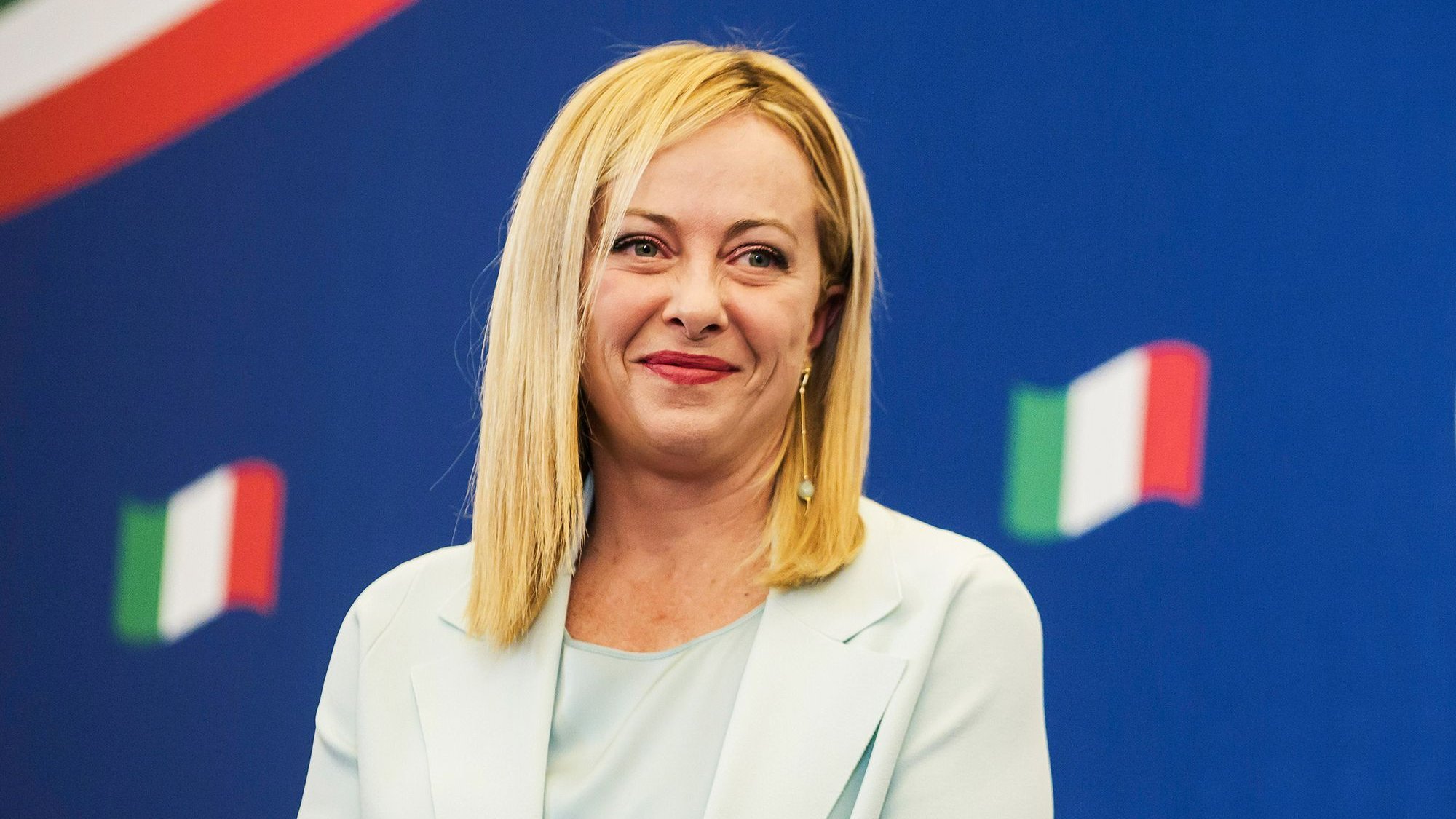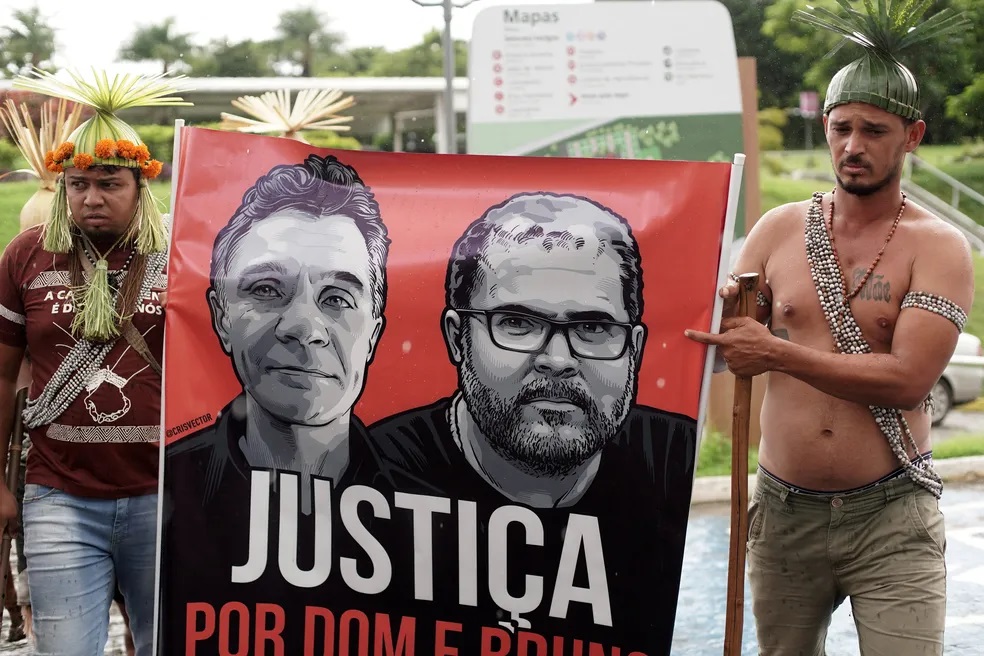Portugal: President's Role In Selecting The Next Prime Minister

Table of Contents
The Constitutional Framework: Understanding the President's Powers
The Portuguese Constitution meticulously outlines the President's responsibilities in forming a government. The President acts as a neutral arbiter, ensuring the process adheres to constitutional principles and safeguards the democratic process. This role transcends mere formality; it involves careful deliberation and a deep understanding of the political landscape.
- Specific constitutional articles and their interpretation: Articles 183 to 187 of the Portuguese Constitution detail the President's powers in this context. These articles emphasize the President's duty to consult with political parties and ensure a stable government is formed, reflecting the will of the Parliament. Interpretations of these articles have evolved over time, shaped by precedent and political circumstances.
- Limitations on the President's power: While influential, the President's power is not absolute. The principle of parliamentary sovereignty remains paramount. The President cannot impose a Prime Minister against the clear will of Parliament, although they can influence the process through consultations and negotiations.
- The principle of parliamentary sovereignty and its interaction with presidential powers: The Portuguese system emphasizes parliamentary sovereignty, meaning the Parliament holds ultimate power. However, the President's role in initiating and guiding the process of forming a government acts as a crucial check and balance, preventing arbitrary power grabs and ensuring a legitimate government is established.
The Process of Selecting a Prime Minister: A Step-by-Step Guide
The selection of a Prime Minister in Portugal is a multi-stage process following a Prime Minister's resignation or after a general election. The President plays a central role in guiding this transition:
- Initial consultations with the leader of the largest party: The President typically begins by consulting with the leader of the party that won the most seats in the Assembly of the Republic (parliament). This leader is then tasked with forming a government.
- Exploration of potential coalition governments: If no single party holds a majority, the President facilitates discussions among potential coalition partners to build a government with parliamentary support. This can be a complex and protracted process, involving intense negotiations and compromises.
- The role of parliamentary support in the selection process: Ultimately, the success of a proposed Prime Minister hinges on securing sufficient parliamentary support. The President's role is to ensure that the chosen Prime Minister commands the confidence of the Assembly.
- Potential scenarios: Majority government vs. coalition government: Portugal has seen both majority governments and coalition governments. The President's role remains crucial in navigating both scenarios, ensuring a stable government emerges.
The President's Discretion and Influence: Navigating Political Deadlocks
The President's discretion is most evident during periods of political uncertainty or deadlock. Their judgment and political acumen are crucial in navigating complex scenarios:
- Historical examples of presidential influence in government formation: Several historical instances demonstrate the President's ability to influence the outcome, even in politically fraught situations. These cases offer valuable insights into the subtleties of presidential power.
- Instances of political crises and the President's role in their resolution: The President's role in resolving political crises often involves mediating between conflicting parties, using their constitutional authority to guide the process toward a resolution.
- The impact of the President's decisions on political stability and public opinion: The President's choices have a significant impact on political stability and public confidence in the democratic process. Their actions are closely scrutinized by the media and the public.
The Impact on Portuguese Politics: Long-Term Consequences of Presidential Choices
The President's decisions in selecting a Prime Minister have long-term repercussions:
- Examples of how presidential choices have shaped government agendas: The chosen Prime Minister's policies and priorities are directly influenced by the circumstances of their appointment, often reflecting the President's role in the selection process.
- Impact on electoral outcomes and future political scenarios: The President's decisions can shape the political landscape for years to come, influencing electoral outcomes and party dynamics.
- The role of media coverage in shaping public perception of the process: The media's role in covering this process is critical in forming public opinion and holding the President and political parties accountable.
Conclusion: Understanding the President's Vital Role in Portuguese Governance
The President of Portugal's role in selecting the next Prime Minister is far from ceremonial. It's a constitutionally defined power that involves navigating complex political realities, demanding careful judgment and skillful negotiation. Understanding the constitutional framework, the step-by-step process, and the potential impact of presidential decisions is crucial for anyone seeking to understand Portuguese politics. To further your understanding of "Portugal's President's role in selecting the next Prime Minister," explore resources like the official website of the Portuguese Presidency, academic journals specializing in Portuguese political science, and reputable Portuguese news outlets. Gaining a deeper understanding of this process is essential for appreciating the dynamics of Portuguese governance.

Featured Posts
-
 Metallica World Tour 2024 Glasgow Hampden Park Concert
May 30, 2025
Metallica World Tour 2024 Glasgow Hampden Park Concert
May 30, 2025 -
 Warum Sie Zurueckkehrten Die Geschichte Juedischer Sportler In Augsburg
May 30, 2025
Warum Sie Zurueckkehrten Die Geschichte Juedischer Sportler In Augsburg
May 30, 2025 -
 Bts Reunion Teaser Fuels Comeback Anticipation
May 30, 2025
Bts Reunion Teaser Fuels Comeback Anticipation
May 30, 2025 -
 New Crispr Modification More Accurate And Effective Gene Editing
May 30, 2025
New Crispr Modification More Accurate And Effective Gene Editing
May 30, 2025 -
 O Caso Bruno Fernandes Buscando Justica E Verdade
May 30, 2025
O Caso Bruno Fernandes Buscando Justica E Verdade
May 30, 2025
